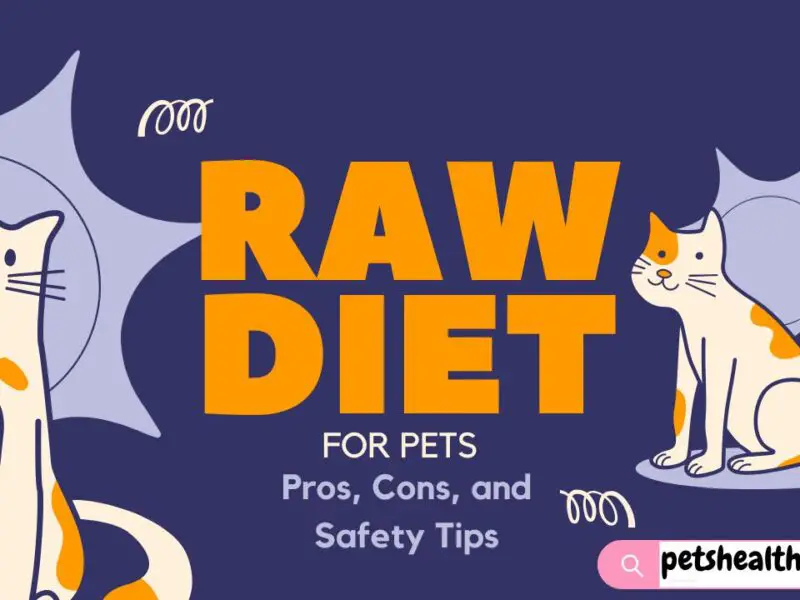Introduction
As pet owners, we all want our companions to stay healthy and happy. Regular vet check-ups are key to achieving this. They help detect health issues early, provide preventive care, and ensure your pet’s overall well-being. So let’s start and the Benefits of Regular Vet Check-Ups for Long-Term Wellness
Understanding the Importance of Vet Check-Ups
Why Regular Vet Visits Matter
Early Detection of Health Issues
Think of your pet’s health as something like maintaining a car. Small issues, if caught early, can prevent a major breakdown. Regular check-ups allow vets to identify potential health concerns before they escalate.
Preventive Care and Vaccinations
Prevention is better than cure. Vaccinations, deworming, and routine health checks ensure your pet is protected from preventable diseases.
Ensuring Proper Growth and Development
Regular visits ensure young pets grow healthily and receive the proper nutrients and care to thrive.
Key Benefits of Routine Vet Visits
Improved Quality of Life
Managing Chronic Conditions
If your pet has conditions like arthritis or diabetes, regular check-ups ensure these are managed effectively, improving their comfort and happiness.
Maintaining a Healthy Weight
Obesity is a silent enemy of pets. Routine visits help monitor weight and dietary habits to keep your furry friend in shape.
Cost Savings in the Long Run
Avoiding Emergency Treatments
Catching an issue early can save you from hefty emergency bills. Routine care is more affordable than sudden hospital visits.
Reducing Medication Costs
Preventive care often eliminates the need for expensive, long-term medications.
Common Components of a Vet Check-Up
Physical Examination
This includes checking the eyes, ears, teeth, and overall body condition to spot abnormalities.
Diagnostic Tests and Screenings
Blood tests, X-rays, or ultrasounds may be conducted to assess internal health.
Behavioral Assessments
A vet may observe your pet’s behavior to identify signs of anxiety, aggression, or other issues.
How Often Should You Visit the Vet?
Frequency for Puppies and Kittens
Young pets require more frequent visits to ensure vaccinations are up-to-date and they’re developing properly.
Schedule for Adult Pets
An annual check-up is generally recommended unless specific conditions necessitate more frequent visits.
Special Considerations for Senior Pets
Older pets might need biannual visits to monitor age-related conditions like arthritis or heart disease.
Building a Relationship with Your Vet
The Role of Communication
Open dialogue with your vet about your pet’s habits and any changes ensures a tailored approach to care.
Trust and Understanding
A strong relationship builds trust, making your pet’s visits less stressful and more productive.
The Connection Between Vet Visits and Pet Longevity
Preventing Life-Threatening Diseases
Routine check-ups help prevent or manage serious diseases like cancer or kidney failure.
Enhancing Mental and Emotional Wellbeing
Regular assessments of mental health ensure your pet is emotionally balanced and happy.
Overcoming Common Barriers to Vet Visits
Financial Concerns
Look into pet insurance or budget-friendly clinics to manage costs effectively.
Managing Pet Anxiety
Desensitization and positive reinforcement can help make visits less daunting for your pet.
Tips for Making Vet Visits Stress-Free
Preparing Your Pet for the Trip
Familiarize your pet with their carrier and the vet clinic environment in advance.
Choosing the Right Vet
Select a vet who is compassionate and has experience with your pet’s specific breed or species.
Conclusion
Routine vet check-ups are not just about treating illnesses; they are a cornerstone of long-term wellness for your pet. By investing time and effort into regular care, you’re giving your furry companion the gift of a healthier, happier life.
FAQs
1. What should I expect during a vet check-up?
A comprehensive physical exam, diagnostic tests, and discussions about your pet’s health and behavior.
2. How can I reduce my pet’s stress during vet visits?
Use calming techniques, bring familiar toys, and choose a pet-friendly clinic.
3. Are regular vet visits necessary for indoor pets?
Yes, even indoor pets can face health issues requiring routine care.
4. How can I afford routine vet check-ups on a tight budget?
Consider pet insurance, low-cost clinics, or saving monthly for your pet’s health needs.
5. What are some signs that my pet needs immediate veterinary attention?
Vomiting, difficulty breathing, sudden lethargy, or changes in eating or bathroom habits warrant immediate attention.


